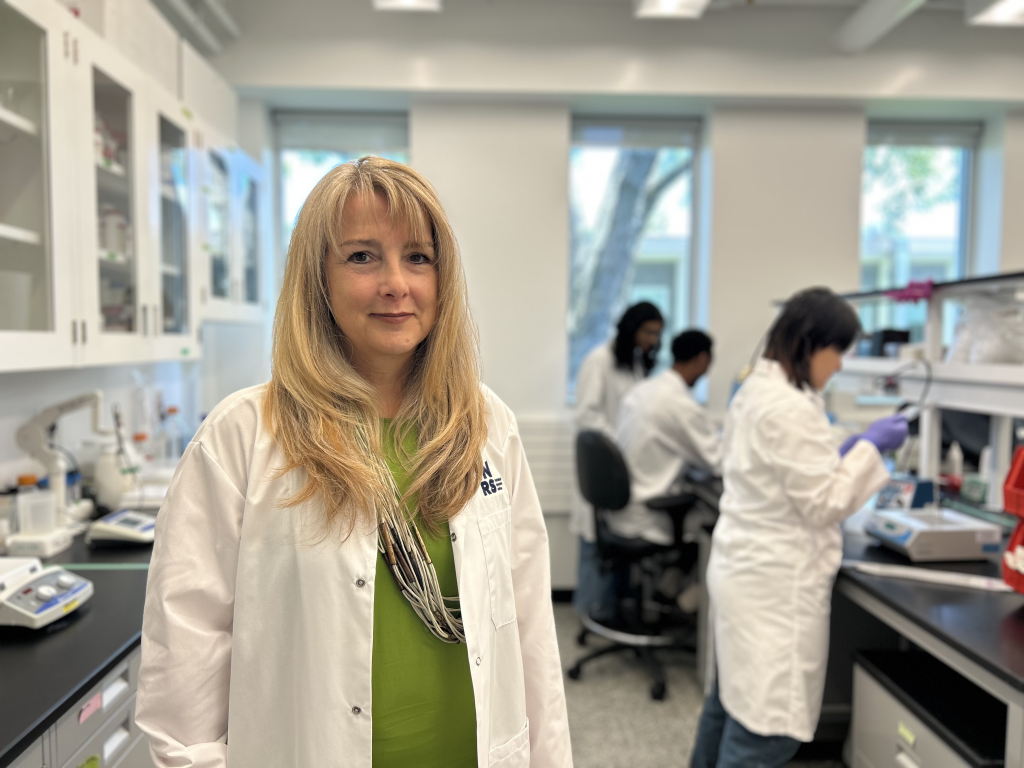Montreal researchers have identified a factor that explains why immune cells responsible for fighting chronic infections and even cancer eventually become exhausted and lose their effectiveness.
This “exhaustion” limits the impact that immunotherapy can have, which is nevertheless one of the most promising developments of the last decade in the fight against cancer.
“(CD8+ T cells) are killer cells that are quite important during chronic infections and also play an important role against certain cancers, and we wanted to know how they are regulated,” explained the study’s lead author, Professor Simona Stäger, of the National Institute for Scientific Research (INRS).
Related:
In the presence of chronic infection, it was explained in a press release, the metabolism of T lymphocytes is exhausted; the cells produce fewer cytokines (chemical messengers essential to the immune response); and their “power plants” (mitochondria) function less well.
“These cells are constantly stimulated when there is a chronic infection,” said Professor Stäger. “There is a kind of chronic inflammation that forms, (…) all the cells are in the same place to fight the virus, and they end up exhausted.”
Professor Stäger and her colleagues at the Armand-Frappier Centre for Health and Biotechnology at INRS and McGill University have now discovered that the transcription factor IRF-5 may be able to preserve the energy and vitality of T lymphocytes by acting directly on their metabolism.
IRF-5, Professor Stäger explained, helps T cells maintain their energy and ability to fight, even under prolonged stress. However, the absence of IRF-5 contributes to increased cell exhaustion.
“The exhaustion process is very complex,” she explained. “Cells eventually die because they have to constantly fight. And it’s all gradual.”
The researchers hope that this work will contribute to a better understanding of how to modulate cellular metabolism in order to support and strengthen the immune response during chronic infections or cancers.
“In future work, we would like to see if we can modulate IRF-5 expression to prevent the cell from becoming exhausted,” said Professor Stäger. “Completely removing the exhaustion process could be dangerous, but we would at least like to slow it down.”
The findings of this study were published in the scientific journal EMBO Journal.
–This report by La Presse Canadienne was translated by CityNews





